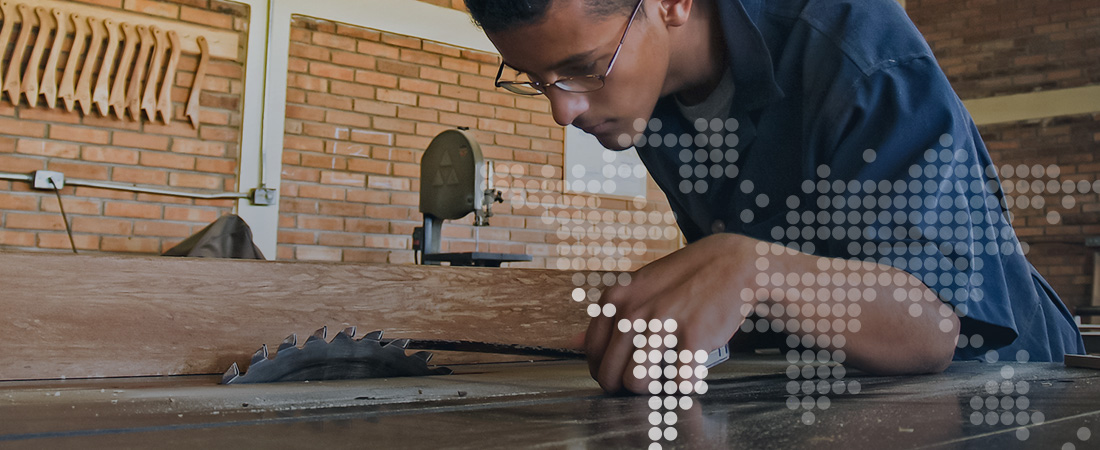
In Honduras, EDC programs provide job training for hundreds of young people.
In collaboration with education and industry partners across Latin America and the Caribbean, EDC creates basic education and workforce development programs that are relevant and tailored to respond to community needs.
Our basic education programs use interactive audio instruction—a concept we pioneered—to reach learners in settings that are both remote and lacking in necessary resources. Our workforce development programs prepare young people for available market opportunities, and we design and implement evidence-based interventions to offer young people a new, more positive course.
Projects
Resources
This study provides policy makers and program planners interested in youth service programs in developing countries with a history of the evolution of youth service in different regions.
These free online training courses are designed to help entrepreneurs learn what they need to know to establish and grow a business. Users learn at their own pace in their own time.
Science skills and habits of mind are the missing elements of the foundational skills package, and their addition to the mix can accelerate education recovery and reform. In the context of climate change, these skills are even more critical. This report makes the case for investment in primary science as a foundational skill set in low-resource contexts.
This resource focuses on how distance education technology benefits teachers and teaching.
Interactive audio instruction (IAI) is a distance-learning technology that provides educational services, often to schools and school systems worldwide.
Inspiring Climate Action Now (ICAN) demonstrates the power of investment in science as a foundational skill set in low-resource contexts. In transforming primary science instruction, ICAN addresses gaps that limit later STEM opportunities for marginalized learners and motivates local action to respond to climate change. This report presents the results of the ICAN Year 1 evaluation.
This case study is one of the Sustainable Finance Initiative’s seven rapid country case studies studying the state of school meals programs.
This report outlines the need to work together with new and unlikely allies, other than education actors alone, to reimagine how our interconnected systems—health, education, economic development, and the protection of our planet—can work toward Sustainable Development Goal 4: Quality Education and beyond.
These three stories highlight recent successes from the Honduras Reading Activity (HRA). HRA builds a stronger bond between families and their schools to strengthen community resilience and cohesion, retain children in school, and reduce irregular migration.
This report details the work of EDC’s Proyecto METAS to improve education for employment, learning, and success in Honduras. Specific challenges to program implementation are discussed, as are innovative solutions.